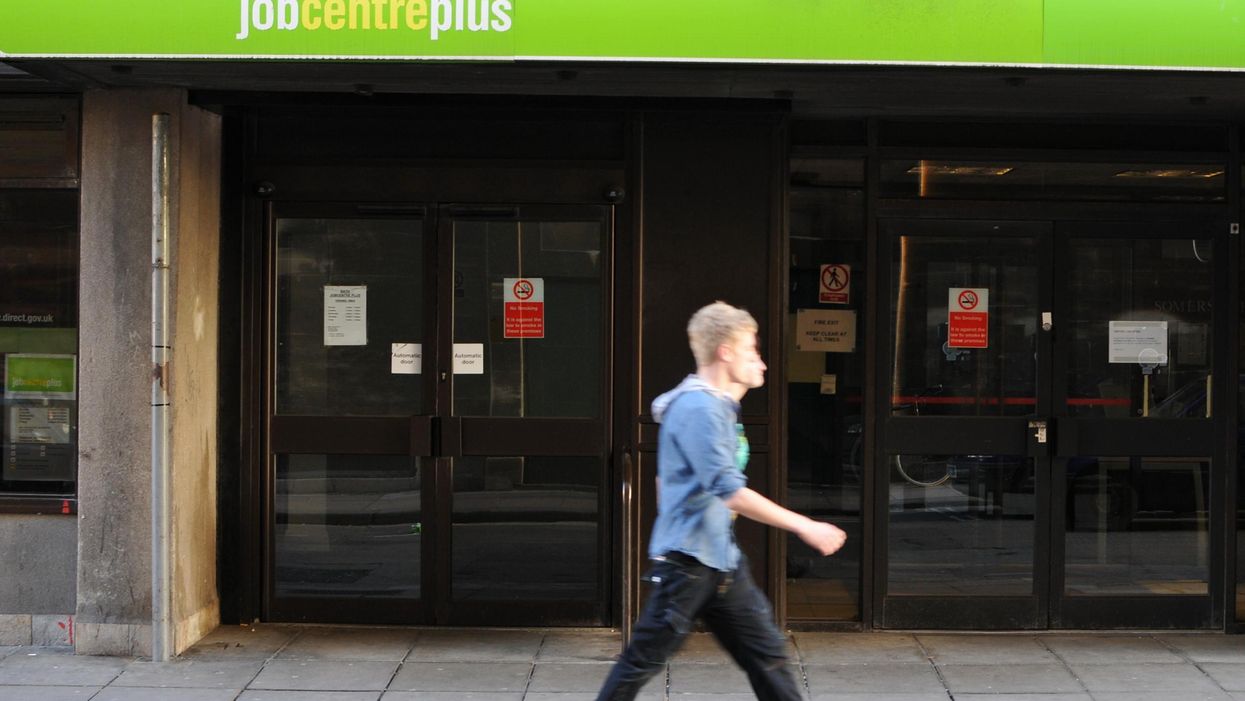News
Jessica Brown
Nov 30, 2016

Shutterstock / 1000 Words
The Department of Work and Pensions (DWP) doesn’t know if the benefit sanctions it gives claimants are worth taxpayers' money, according to a new report from the National Audit Office (NAO), which states:
[The department] has not assessed costs and benefits for sanctions as a whole.
Even though sanctions can cause “financial hardship or depression,” the DWP is also not doing enough to find out how benefit sanctions affect people, according to the report.
Despite this, almost a quarter of claimants between 2010 and 2015 received a sanction, and in 2015 alone the department kept back £132m in benefits through sanctions.
However, the cost of administering the system cost up to £50m in 2015, plus £240m to monitor the conditions it sets for claimants - meaning it actually loses more money that it saves.
These conditions can include the requirement for claimants to show they are actively looking for work, and attend employment schemes.
The sanctions apply to more than one million people claiming benefits including jobseeker’s allowance (JSA), employment and support allowance, universal credit and income support.
Claimants on JSA lose £300 for every four-week sanction. Eleven per cent of JSA sanctions were eventually overturned in 2015.
This is exacerbated by the report’s finding that the DWP is taking longer than permitted to make decisions on sanctions. In August 2016, 42 per cent of decisions about Universal Credit took longer than 28 working days.
The NAO also found that someone’s likelihood of being sanctioned depends on where they live.
Labour MP Meg Hillier chairs the public accounts committee, which keeps the government to account by scrutinising its spending to ensure it’s worth taxpayers’ money. She said:
Benefit sanctions punish some of the poorest people in the country. But despite the anxiety and misery they cause, it seems to be pot luck who gets sanctioned.
While studies suggest sanctions do encourage some people back into work, other people stop claiming but do not start working and the Department for Work and Pensions has no record of them. If vulnerable people fall through the safety net, what happens to them?
More: Sixteen of the most senseless benefit sanction decisions known to man
More: Six alarming revelations from the benefit sanctions report
Top 100
The Conversation (0)













